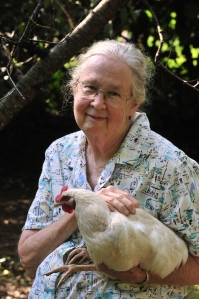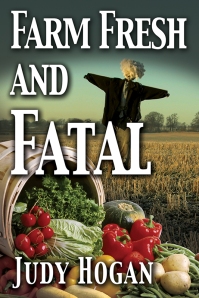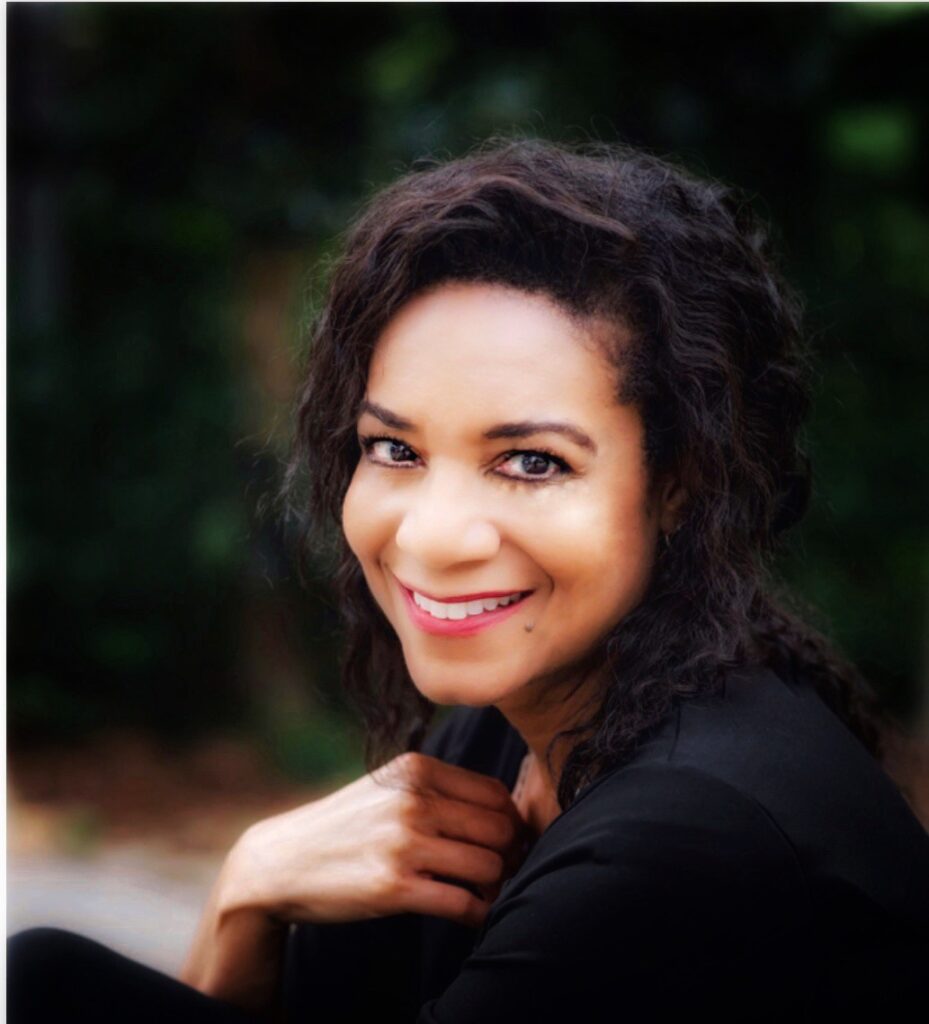FROM EXPERIENCE TO MYSTERY by Judy Hogan
Being seventy-six has so many advantages for a mystery novelist. I have all those experiences behind me, and in my case they were quite diverse. I’ve never earned a living writing, so besides being a teacher of creative writing, my second vocation writing is my first. I’ve earned money being postmaster relief, a newspaper carrier ( I’m not very good at throwing). a secretary, a temporary typist, a baker of bread, a babysitter and maid, a library assistant, and a small farmer. I’ve also been a stay-at-home mom. I’ve written book reviews, organized distribution and promotion schemes, including one of being in charge of an old semi, a library bookmobile. I briefly lived a middle-class life, but mainly I’ve lived on as little as possible in order to free writing time.
I’ve lived in Kansas, Oklahoma, Pennsylvania, New York, Ohio, West Virginia, California, Florida, Texas, and North Carolina. I’ve moved forty-two times house to house. I’ve traveled to England, Scotland, Wales, Russia, Finland, Sweden, Denmark, France, Switzerland, Germany, Holland, and Belgium.
I have good friends in many states and some foreign countries. I’ve been through two marriages, both ending in divorce. Where I live now and have for nearly fifteen years is the first house and land I’ve ever owned. I’ve lived within the black community and published new African American authors when I edited a small press, 1976-91.
The real richness for me as a writer, however, is the people I’ve known and loved and sometimes hated. I’ve learned to live with myself and other people, often staying in the homes of others. Then I’ve learned so many lessons the hard way. I was very naive when I emerged into adulthood as I had led a protected life as a minister’s daughter. Once out of the manse, I was eager to learn more about people and the world. I did. I was manipulated and learned how to get free. I was treated badly and learned I needed to pick up weapons. I learned that, when I picked up weapons, so did my adversaries.
One of the first questions I ask myself when I’m planning to write a new mystery is: who shall I kill off, and who shall be the murderer. I start thinking of people I learned to hate or to distrust and avoid. I haven’t run out of villains yet!
The situations/settings are taken from places I’ve lived or visited. The first novel, The Sands of Gower, was set in my favorite place to get away and write in a bed and breakfast house on the Gower peninsula of Wales. The characters are based loosely on people I’d met there, where I’d been four times before I wrote it in 1991. The landlady was based on my real landlady, and I showed it to her to be sure she was okay with it. She was.
In later novels (there are now twelve, though only numbers five and six are published), I’ve also used real people as a starting point, both my good guys and my villains, sometimes blending two people into one character, as Proust did. Then my imagination takes over. I’ve used my experience living in a suburban rooming house; working at an historically black college, selling at a farmers market, working in a bakery, and living on a small farm.
I’ve also been a community activist so my novels take up contemporary issues that concern me: air pollution, safe nuclear storage, racism, problems with education, local politics, the treatment of Hispanic workers, fracking.
I also have modeled my sleuth on myself. That’s risky, too, but I like challenges and have been an emotional and financial risk-taker all my life. So Penny Weaver is my age, also an activist, but her love life has been more successful than mine as she found her soulmate at age fifty-four, and she and Kenneth Morgan, a Welsh policeman, married and live part of the year in Wales. Penny uses my recipes in The PMZ Poor Woman’s Cookbook (self-published in 2000) to make healthy food, using fresh vegetables and whole grain and soy flour in baking. She’s part of an interracial activist group, as am I, but her group accomplishes even more than the ones I’ve been in. She’s more at ease with lots of people dropping in unannounced, and though I have a social side, I like a lot of time alone. As happens to me, too, people talk to her, and this is often how she solves the murder. We both trust our intuition.
I use Penny’s point of view throughout the books. Hers is the way of looking at the world that I know best. Elizabeth George in Write Away says the point of view character’s voice should not be the author’s voice, and I realize, though I’m using the way I see the world and other people, there is a skeptical tone, a humorous twist to hers that surprises me. Penny might be expressing thoughts I have but don’t own up-front, snide remarks I never say out loud and scarcely realize I think, but maybe especially in this way she separates herself from me most clearly.
 For example, at the beginning of Killer Frost, Penny notes of a new student at the historically black college where she is hired to teach remedial English: “He wore jeans that had slipped to ride around his hips, revealing his red and white striped boxer shorts. Was he showing off the St. Francis colors?”
For example, at the beginning of Killer Frost, Penny notes of a new student at the historically black college where she is hired to teach remedial English: “He wore jeans that had slipped to ride around his hips, revealing his red and white striped boxer shorts. Was he showing off the St. Francis colors?”
Or on page 9 of Farm Fresh and Fatal: as she and her friend are driving up to the new farmers market, “Through her window, cracked enough to let in air but keep rain out, she could hear the drum roll of the rain as it beat on the new red tin roof of their shelter. Was it beating out a welcome or a warning? Now where had that thought come from? The posts that separated the individual stalls were varnished a bright red and should have been cheery. They would have reflected the sun had there been any.”
Thoughts like those come easily to me in Penny’s persona but are rare in my own conscious mind. One reason I love to write fiction is that experiences I’ve had, for instance, with my African American neighbors, have been hard to articulate in poetry or non-fiction, but in fiction, when I throw my characters into a scene, my deeper mind knows how they’ll behave, what they’ll say. I hear their voices and know more about their interior thoughts than I had realized I did. That mystery, for me, is the best part of being a mystery novelist.
~ ~ ~ ~ ~
Judy Hogan’s first mystery novel, Killer Frost, was published by Mainly Murder Press on September 1, 2012 in both trade paperback and e-book formats. Her second novel in the Penny Weaver series went on sale on October 1, 2013. Beaver Soul, a poem written about her early experiences in Russia, recently was published by Finishing Line Press. Judy founded Carolina Wren Press (1976-91) and was co-editor of Hyperion Poetry Journal, 1970-81). She has also published five other volumes of poetry and two prose works with small presses. She has taught all forms of creative writing since 1974. She joined Sisters in Crime in 2007 and has focused on writing and publishing traditional mystery novels. In 2011 she was a finalist in the St. Martin’s Malice Domestic Mystery contest for Killer Frost. The twists and turns of her life’s path over the years have given her plenty to write about. She is also a small farmer and lives in Moncure, N.C., in Chatham County near Jordan Lake.








Thanks, Debra. It came out nicely. I really appreciate being on your blog. I have the spread the word. Judy Hogan
Judy, Delighted to have you. I recently received and enjoyed Beaver Soul and am looking forward to reading the next book in the Penny Weaver series.
Thanks for the extra publicity, Debra, and for buying the poetry book. I hope all goes well with your mystery publishing! Judy Hogan